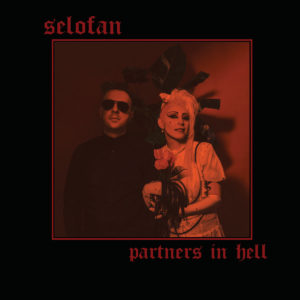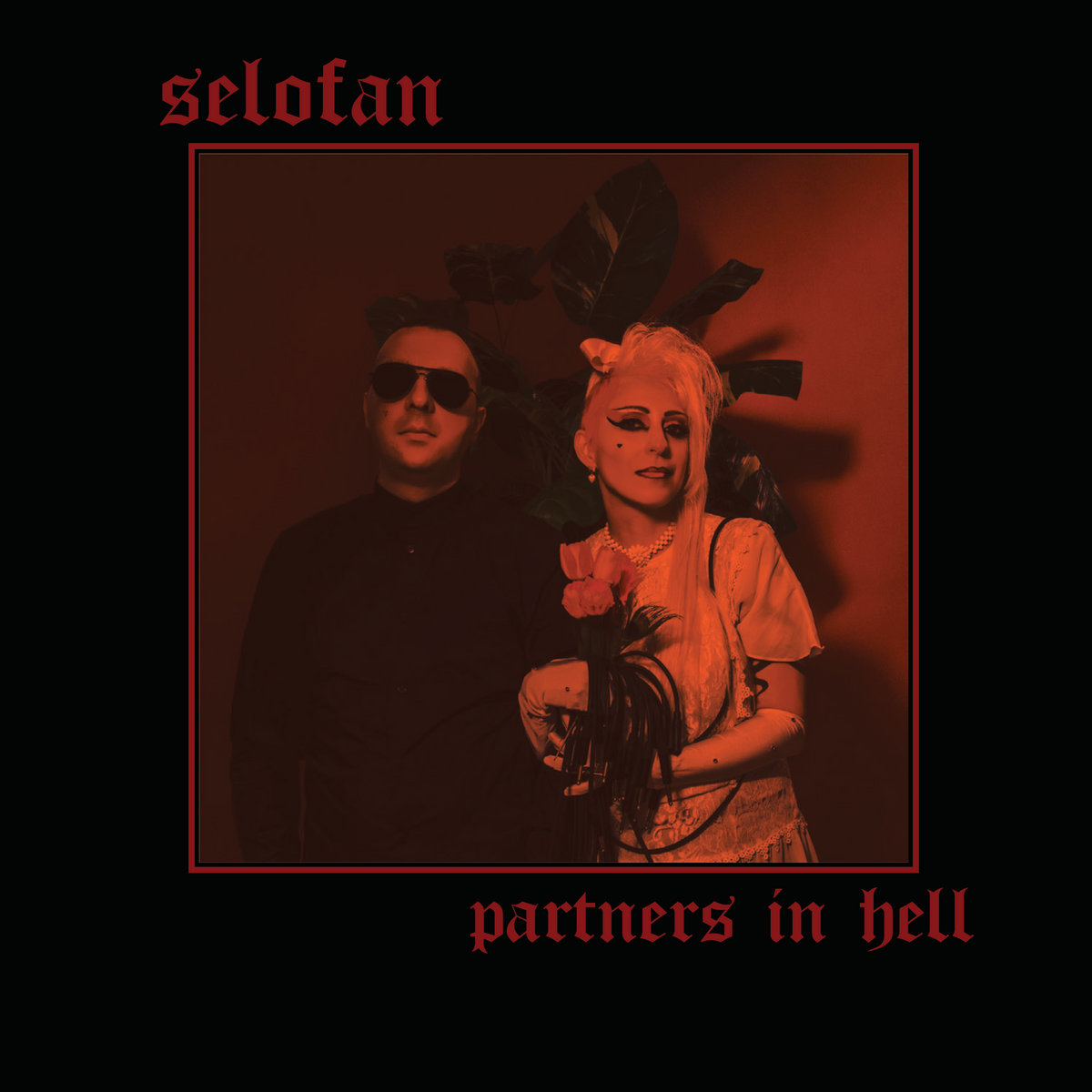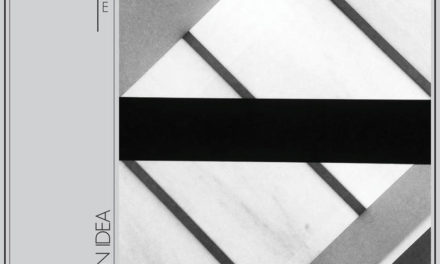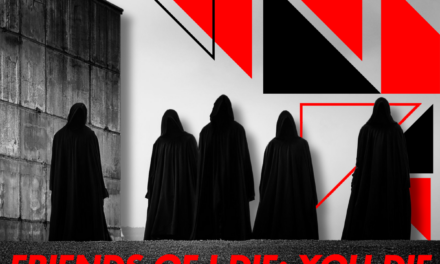
Selofan
Partners in Hell
Fabrika Records/Audioglobs
Along with the similarly-minded Lebanon Hanover, Selofan are one of the premiere acts at the verdant intersection of minimal synth and darkwave. The prolific Greek duo of Joanna Pavlidou and Dimitris Pavlidis have been leaning more heavily towards the gothy end of things in their recent releases, which combined with their distinctly European aesthetic and a classic production sound places their new record in the rich tradition of continental wave acts with gothy flair.
Where 2018’s Vitrioli had a sleek modern sheen of to its sound design and mix, there’s a warm and hazy approach to Partners in Hell that gives it an air of timelessness. Numbers like gloomy mid-tempo opener “Grey Gardens” especially benefit from that feel, with Pavlidou’s austere vocals echoing over funereal synth bells and keys and workmanlike rhythm programming. Elsewhere the effort to let things sit more obscurely in the mix benefits dancefloor bids like “Nichts”, where a thick synth and bassline propel the track forward, the vocals and pads taking a backseat to the song’s bleak but propulsive heart. While Selofan have always been indebted to many of the classic NDW and coldwave acts, it’s a sonic influence that is almost overwhelming here: unfamiliar listeners could be forgiven for thinking an icy teutonic number like “Zusammen” or the nimble “Almost Nothing” were some classic scene deep cuts.
To their credit the band do their best to keep things moving and not let the generally somber mood of their material weigh things down. Many of the album’s best tracks are the ones that split the difference between dreariness and drive. You can here it in the album’s top shelf closer “Auf Deiner Haut” where a bubbling 16th note groove and a just-this-side of tasteful saxophone produce a track with a little camp and a lot of get up and go. Selofan don’t hit the mark 100% of the time – “Metalic Isolation” has the components of a towering and majestic darkwave classic but can’t quite reconcile its tempo with its clarion synth riffs – but when they do the LP has a real potency that belies its mopey veneer.
This is of course all dependent on exactly how down you are for this particular brand of theatrically somber synth music. For many it’ll be a no go right from the jump; it’s easy to get stuck on the sometimes tuneless vocals or the disheartening mood or the deliberately straightforward rhythm arrangements. Then again, those who have already bought into Selofan’s doleful exploration of venerable genre sounds should find plenty to enjoy on Partners in Hell, a record of lugubrious charms.





